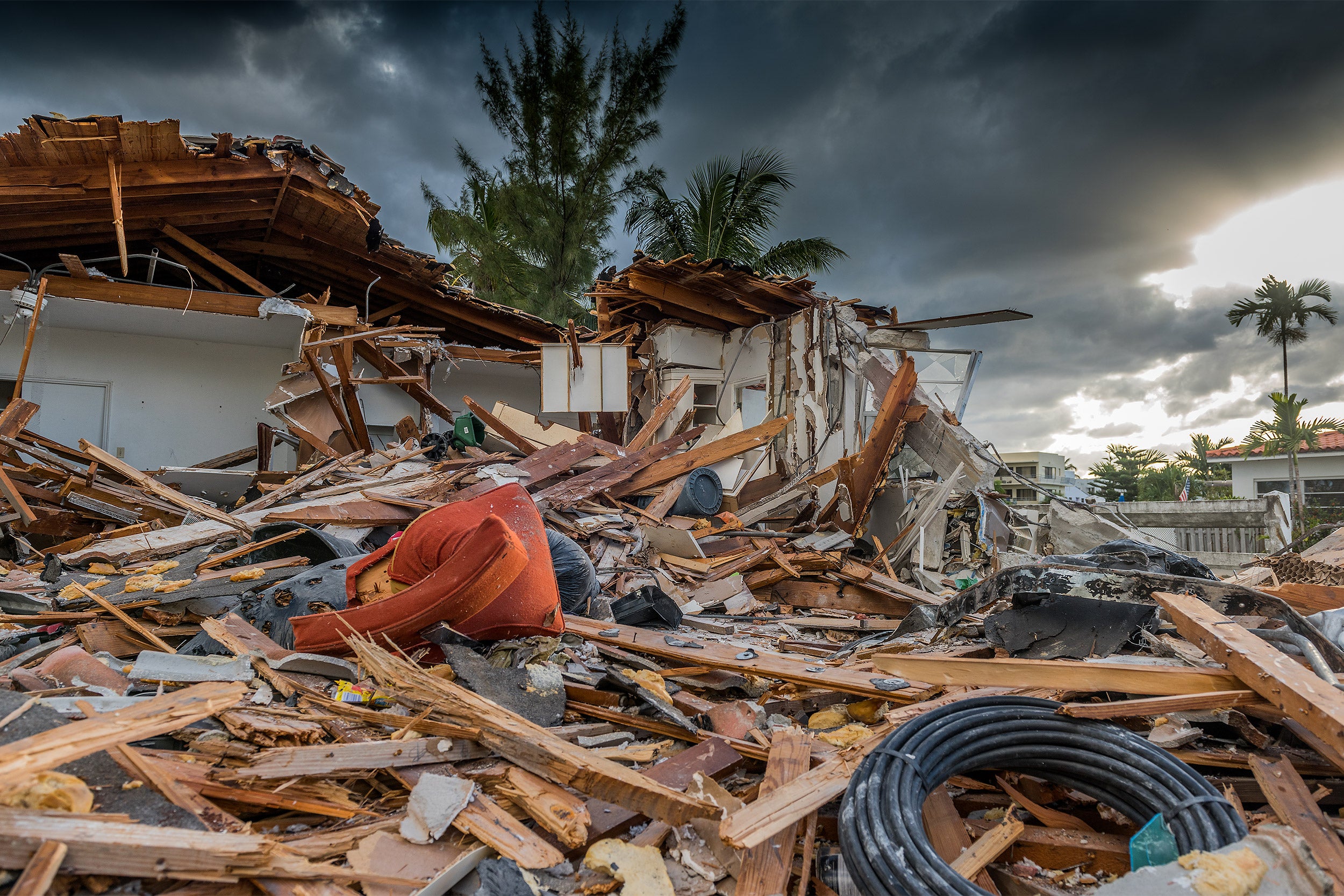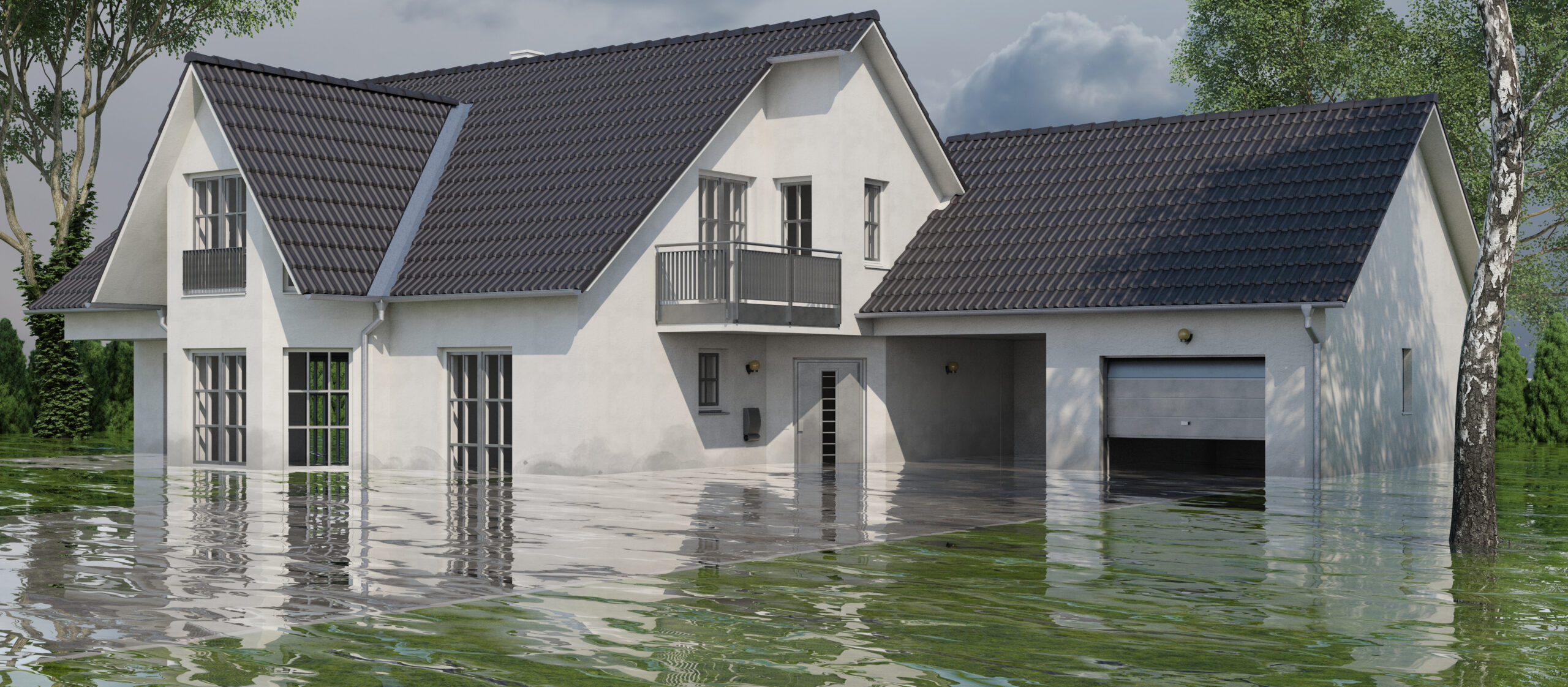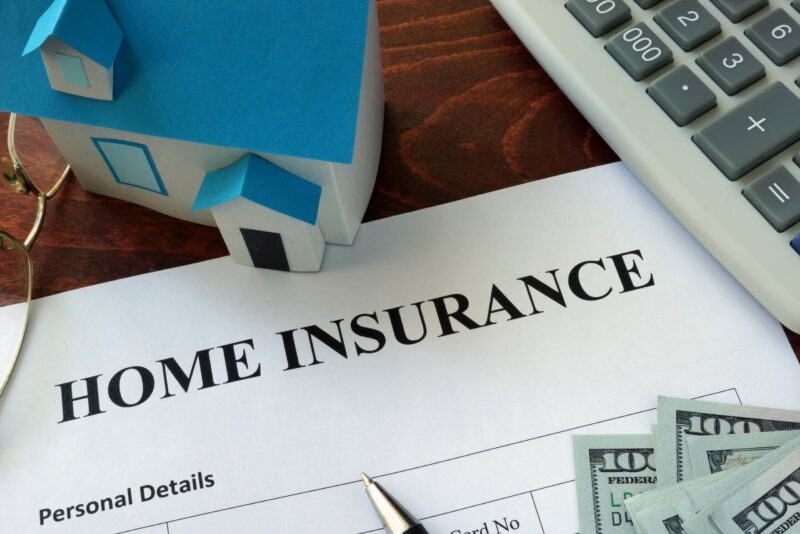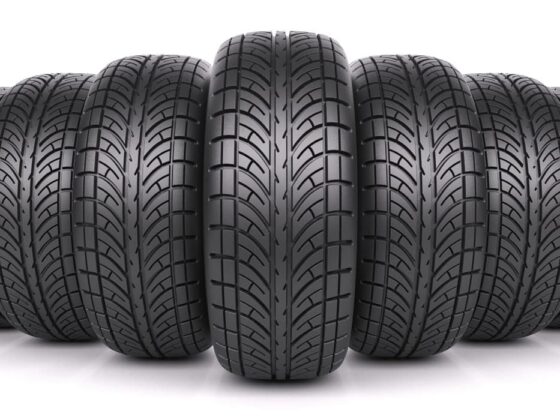Understanding your home insurance policy can feel like navigating a dense forest, where the path is obscured by branches of legal jargon and dense terms. While these policies promise protection against various disasters, theres a hidden truth lurking within the fine print: certain exclusions can leave homeowners vulnerable in unexpected ways.
From natural disasters to specific damages, not all perils are covered, which can lead to unpleasant surprises when the unexpected occurs. This article shines a light on the common exclusions in home insurance policies, arming you with the knowledge to better prepare for the unpredictable twists of homeownership.
Buckle up; it’s time to demystify your policy and ensure your home is truly protected against the storms ahead.
Understanding Home Insurance Basics

Understanding home and business insurance basics is essential for homeowners and business owners navigating the often murky waters of property protection. At its core, home insurance serves as a vital safety net, providing financial coverage against risks such as fire, theft, or natural disasters.
However, it is crucial to recognize that policies are not all-encompassing. Many homeowners and business owners mistakenly assume their insurance will cover any situation, only to face rude awakenings after a claim.
From flood damage in low-lying areas to wear and tear from age, numerous exclusions can leave policyholders in a lurch. Grasping the intricate details of what your policy entails—and what it doesn’t—can be the difference between peace of mind and a financial headache when disaster strikes.
Natural Disasters and Weather-Related Damage

Natural disasters, such as hurricanes, floods, and earthquakes, can wreak havoc on homes, yet many homeowners are often caught off guard when they realize that standard home insurance policies exclude coverage for certain weather-related damages. Imagine waking up to a torrential downpour that swells the nearby river, only to find out that your policy doesn’t cover flood damage. Or consider the terrifying moment when high winds whip through your neighborhood, leaving destruction in their wake, while your insurance fails to account for the devastation wrought by tornadoes.
Its crucial for homeowners to scrutinize their policies and understand the limitations regarding natural disasters. Many policies may cover structure damage but exclude specific acts of nature, meaning that unless you invest in additional coverage or riders, you could be left with a hefty bill when disaster strikes.
So, before you sit back and relax, take the time to review your home insurance, ensuring you’re not left vulnerable in the wake of the unpredictable forces of nature.
Flood and Water Damage Exclusions

When reviewing your home insurance policy, one glaring omission that often catches homeowners off guard is the exclusion of flood and water damage coverage. Many standard policies are designed with specific limitations that can leave you vulnerable to significant financial loss.
While you might assume that water damage from a sudden pipe burst would be covered, flood damage—which can stem from heavy rain, overflowing rivers, or even storm surges—typically isnt included. This distinction is crucial; if your home is located in a flood-prone area, you might find that your standard policy offers little to no protection when disaster strikes.
Insurers often recommend a separate flood policy to safeguard your investment and provide peace of mind, especially in regions where weather patterns are increasingly unpredictable. Therefore, it’s essential to carefully read your policy and consult with your agent to fully comprehend what’s covered and what remains at risk.
Conclusion
In conclusion, understanding the common exclusions in home insurance policies is crucial for homeowners to protect their investments and maintain peace of mind. Awareness of these exclusions allows you to make informed decisions and consider additional coverage options when necessary.
While standard policies often overlook certain risks, supplemental insurance can bridge these gaps and provide a more comprehensive safety net. Whether you are securing your home or evaluating your business insurance needs, being proactive about your coverage ensures you are prepared for the unexpected.
By arming yourself with knowledge about exclusions, you can mitigate potential financial setbacks and safeguard your assets effectively.


